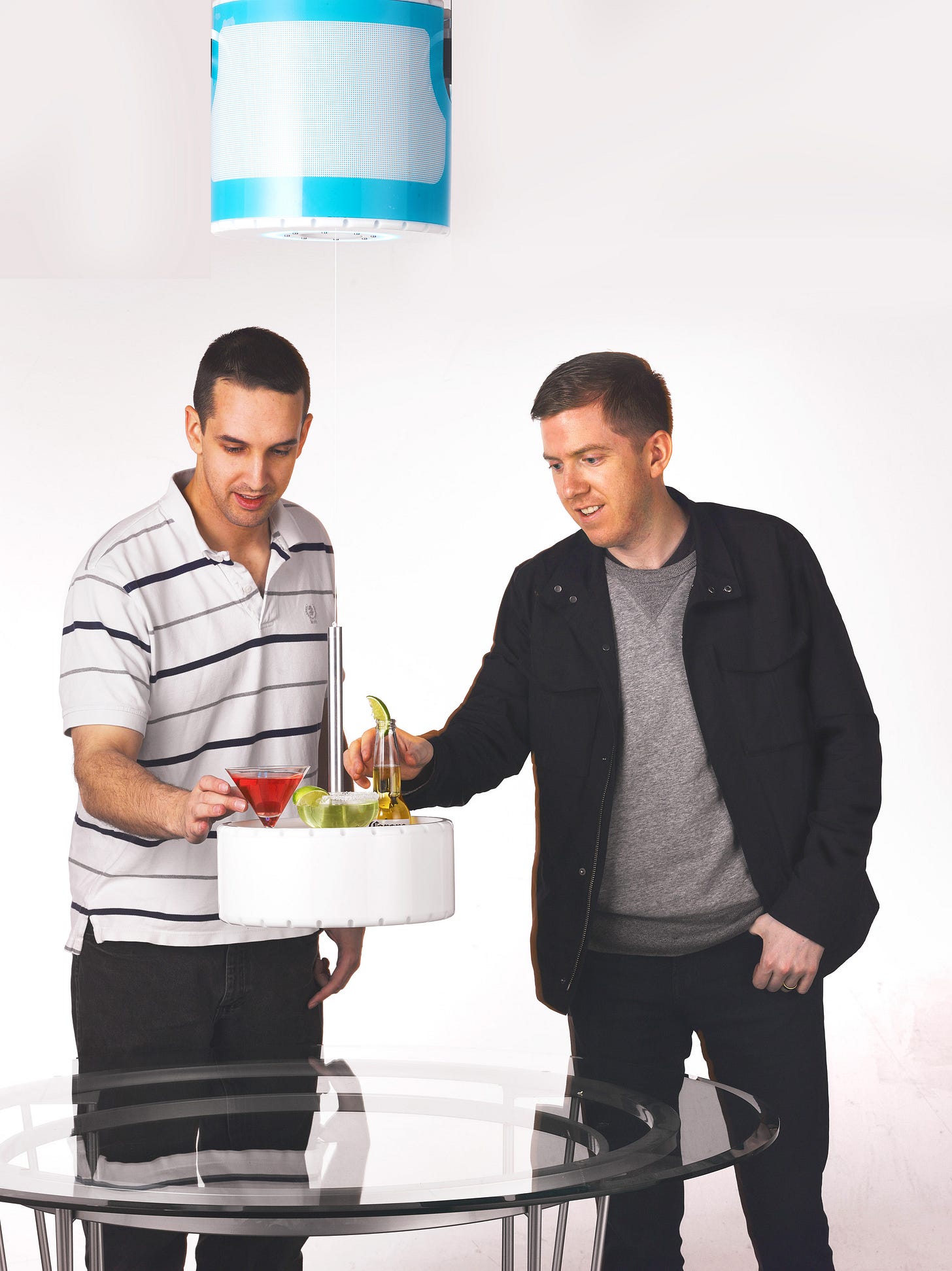Why We Started ACS
Drones have changed the battlefield and the arms race is just beginning.
An unimaginable number of cheap, small, fast, autonomous flying killing machines are coming to battlefields around the world. And drone makers are racing to make drones more resilient on the battlefield: fully autonomous (i.e., immune from jamming), shielded (i.e., immune from directed energy defense systems), and more lethal.
More than 90% of all drones in the world are manufactured in China. DJI in Shenzhen (also known as “the world’s factory”), alone commands over 70% of the world’s drone market. China now has a seemingly insurmountable lead on drone design and manufacturing, with the most optimistic estimates forecasting a five-year lead, but we think it's more like 20 years at this point.
Can we win this arms race? In short, no.
As a result, it is clear that we have two big problems:
Regarding drone-making, we are not catching up to China anytime soon.
We desperately need a cost-effective way to defend against large numbers of enemy drones.
We are witnessing the magnitude of drones in action today. Drones that cost $500 are destroying artillery and armored vehicles worth millions in Ukraine. Combined, Russia and Ukraine are acquiring over 100,000 drones per month.
We started Allen Control Systems (ACS) not to go head-to-head with the world’s factory and make more drones (other smart people are working on that), but, instead, to completely change the battlefield economics.
ACS was created to lower the cost per kill of a drone to a few dollars. We do this by combining cutting-edge hardware and software that allows us to point an inexpensive gun that already exists in the field more accurately than anyone ever has before. Accurate shooting is and will be the decider of life or death.
When we were thinking about this problem, we didn’t see many teams that had the technical knowledge, the required resources, and the extensive connections to bring this comprehensive solution to market.
My friend, Luke Allen, and I met in the Navy right out of ROTC (which we both used to pay for college–in my case, my dad made me join; said it would be good for me). Post-Navy, we lived the American entrepreneurial dream and built a technology company together which we grew and sold to DoorDash in 2022
Our military background gives us extensive reach into the Department of Defense, and our team comprises some of the best robotics and AI talent from the top universities—MIT, Stanford, and Carnegie Mellon just to name a few. And, the same investors in our last company are back in again.
I don’t like spouting off a bunch of pedigree, because I believe business is all about what you are doing next, not what you have done—but I think in this particular case, it demonstrates how serious we are about this. We have worked our whole life to get to this point and have built a team with world-class talent to do it.
Drones have changed the battlefield but we can still compete—we just need new technology and a new approach to save lives and change the competitive balance.
For the first time in our lifetimes, we are at a military disadvantage with our biggest rival.
ACS exists to neutralize the threat of Chinese drone manufacturing dominance.



